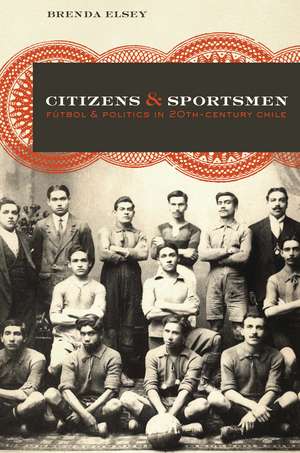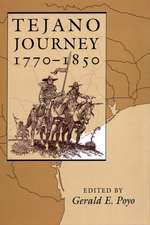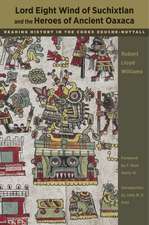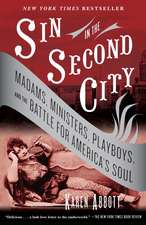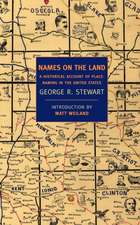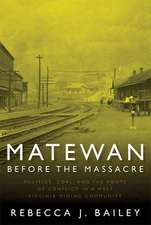Citizens and Sportsmen: Fútbol and Politics in Twentieth-Century Chile
Autor Brenda Elseyen Limba Engleză Paperback – iul 2011
In Citizens and Sportsmen, Brenda Elsey argues that fútbol clubs integrated working-class men into urban politics, connected them to parties, and served as venues of political critique. In this way, they contributed to the democratization of the public sphere. Elsey shows how club members debated ideas about class, ethnic, and gender identities, and also how their belief in the uniquely democratic nature of Chile energized state institutions even as it led members to criticize those very institutions. Furthermore, she reveals how fútbol clubs created rituals, narratives, and symbols that legitimated workers' claims to political subjectivity. Her case study demonstrates that the relationship between formal and informal politics is essential to fostering civic engagement and supporting democratic practices.
Preț: 262.40 lei
Nou
Puncte Express: 394
Preț estimativ în valută:
50.23€ • 54.58$ • 42.22£
50.23€ • 54.58$ • 42.22£
Carte tipărită la comandă
Livrare economică 21 aprilie-05 mai
Preluare comenzi: 021 569.72.76
Specificații
ISBN-13: 9780292743939
ISBN-10: 0292743939
Pagini: 327
Ilustrații: 17 b&w photographs, 2 maps
Dimensiuni: 152 x 229 x 15 mm
Greutate: 0.45 kg
Ediția:New.
Editura: University of Texas Press
Colecția University of Texas Press
ISBN-10: 0292743939
Pagini: 327
Ilustrații: 17 b&w photographs, 2 maps
Dimensiuni: 152 x 229 x 15 mm
Greutate: 0.45 kg
Ediția:New.
Editura: University of Texas Press
Colecția University of Texas Press
Notă biografică
Brenda Elsey is Associate Professor of History at Hofstra University. Her research interests focus on politics and popular culture in Latin American history.
Cuprins
- Acknowledgments
- Introduction
- Chapter One. Rayando la Cancha—Marking the Field: Chilean Football, 1893–1919
- Chapter Two. The Massive, Modern, and Marginalized in Football of the 1920s
- Chapter Three. "The White Elephant": The National Stadium, Populism, and the Popular Front, 1933–1942
- Chapter Four. The "Latin Lions" and the "Dogs of Constantinople": Immigrant Clubs, Ethnicity, and Racial Hierarchies in Football, 1920–1953
- Chapter Five. "Because We Have Nothing . . .": The Radicalization of Amateurs and the World Cup of 1962
- Chapter Six. The New Left, Popular Unity, and Football, 1963–1973
- Epilogue
- Notes
- Bibliography
- Index
Recenzii
Overall, Elsey has given us a well-executed, sorely needed national case study relevant to Latin America's most popular sport. It is jargon free and appropriate for undergraduates as well as scholars interested in political history, sports studies, or popular culture. Its strengths guarantee that it will be a measuring stick for the studies of Latin American soccer sure to emerge in coming years.
[This book] provides an excellent example of the ways that sports can illuminate wider social, cultural, and political understanding of a society as well as the ways that sports and sporting organizations relate to formal political structures...Elsey has produced an outstanding study of sporting, social, and political history that should be read by any scholar interested in understanding Chile in the 20th century as well as historians working on the role of sport in social and political history in other societies.
Descriere
This pioneering study of amateur fútbol (soccer) clubs in Chile reveals how the world’s most popular sport has served to engage citizens in local and national politics and support democratic practices.
